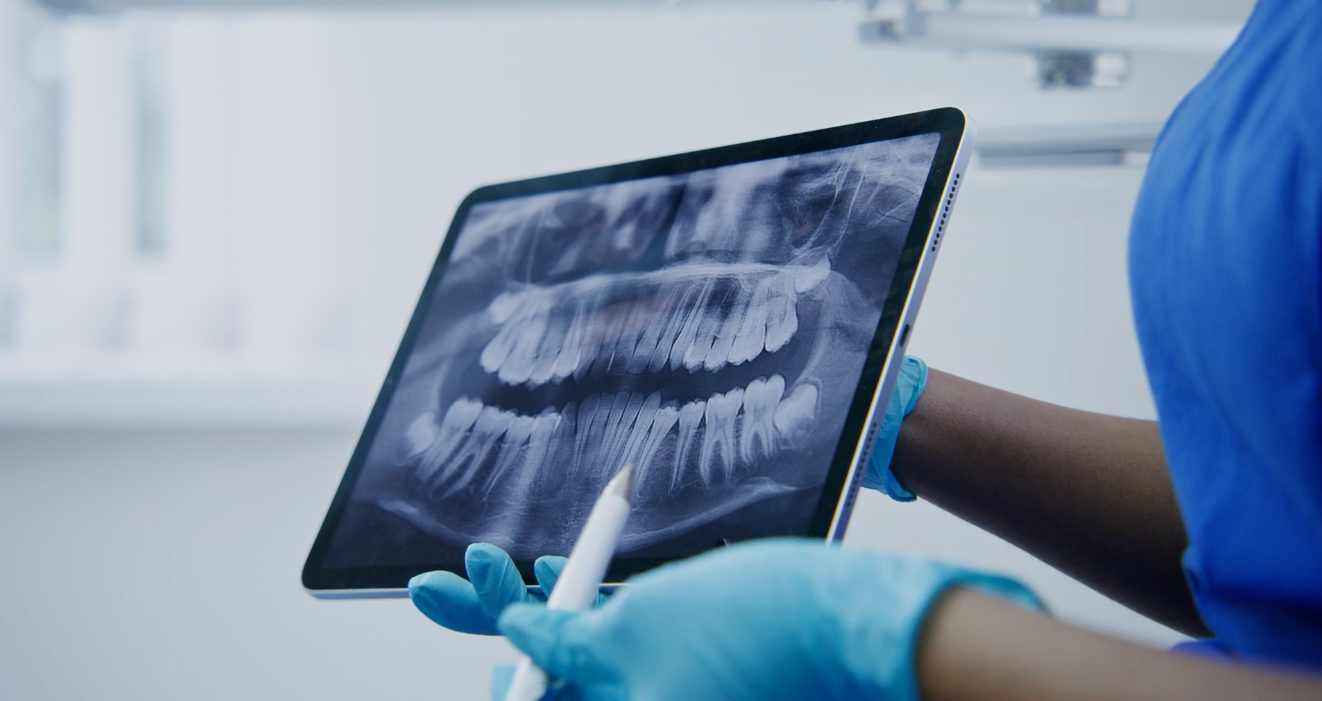
The Hidden Link: How Your Smile Predicts Your Heart Health
Essential Takeaways
- Brushing, flossing, and regular dental visits aren't just good for your mouth, they can significantly reduce your risk of heart disease.
- Studies show a strong correlation between gum disease and heart problems, with gum disease increasing the risk of heart attack by 49%. Take care of your mouth to care for your whole body.
With so much research supporting the connection between oral health and heart health, the evidence has never been clearer: Taking care of your mouth, teeth, and gums helps prevent some of the deadliest cardiovascular problems.
In this article, we dig into the research to uncover the mouth-heart connection and what you can do to take care of not just your oral health, but your whole body.
Mouth-heart connection study results
While there is not a 100% causal link between gum disease and heart conditions (some people with healthy gums suffer from heart attack; some people with gum disease have healthy hearts), many studies have uncovered strong correlative data between the two.
Before we dive into the reasons behind the link, consider these study findings:
- 47.2% of Americans 30 and older have some form of gum disease.
- Gum disease increases the risk of heart attack by 49%.
- People with gum disease are 2-3x more likely to have a heart attack or other major cardiac event.
- People with severe gum disease are 49% more likely to have high blood pressure.
Let’s dig into the complex linkage between gum disease and heart health.
The role of inflammation
Periodontal disease is known to cause inflammation: Sensing an infection in the gums, the body triggers inflammation, an immune-system response that’s meant to heal illness and injury.
This process is a normal and natural part of fighting an infection. However, chronic or long-term inflammation can contribute to other more serious health issues — including atherosclerosis, the buildup of plaque on the artery walls. Atherosclerosis can be deadly and is known to cause heart attack, blood clotting, and aneurysm.
Oral bacteria and the heart
Periodontal disease also contributes to an excess of pathogens in the mouth as improper brushing and flossing lead to bacteria buildup. When the gums bleed, as they often do in individuals with gum disease, those pathogens can enter the bloodstream and travel to other parts of the body — namely the heart.
Once that bacteria enters the heart via the bloodstream, they can cause inflammation and damage that contributes to multiple heart conditions. This hypothesis is further corroborated by research that shows Porphyromonas gingivalis, the pathogenic bacteria that causes gingivitis, is the most common bacterial species found in the coronary artery.

The hypertension link
Hypertension, or high blood pressure, decreases the flow of oxygen and blood to the heart and can cause angina and heart disease, among other conditions. Evidence suggests the inflammation response from periodontal bacteria, as explored above, can spur the development of hypertension. Even more worrisome, gum disease can also render antihypertensive treatment ineffective.
Care for your mouth, care for your heart
While cardiologists and dentists continue to explore the link between the gums and the heart, research and evidence continue to uncover the potentially life-ending consequences of gum disease.
The simplest acts — proper brushing, flossing, and routine dental appointments — could quite literally lower your risk of death by cardiac event. The next time you brush, remember, you’re not just taking care of your smile, but your heart as well.

Feno Founders Edition Bundle
Advanced Oral Health in 20 Seconds with the Feno Smartbrush™
Get Yours Now!






